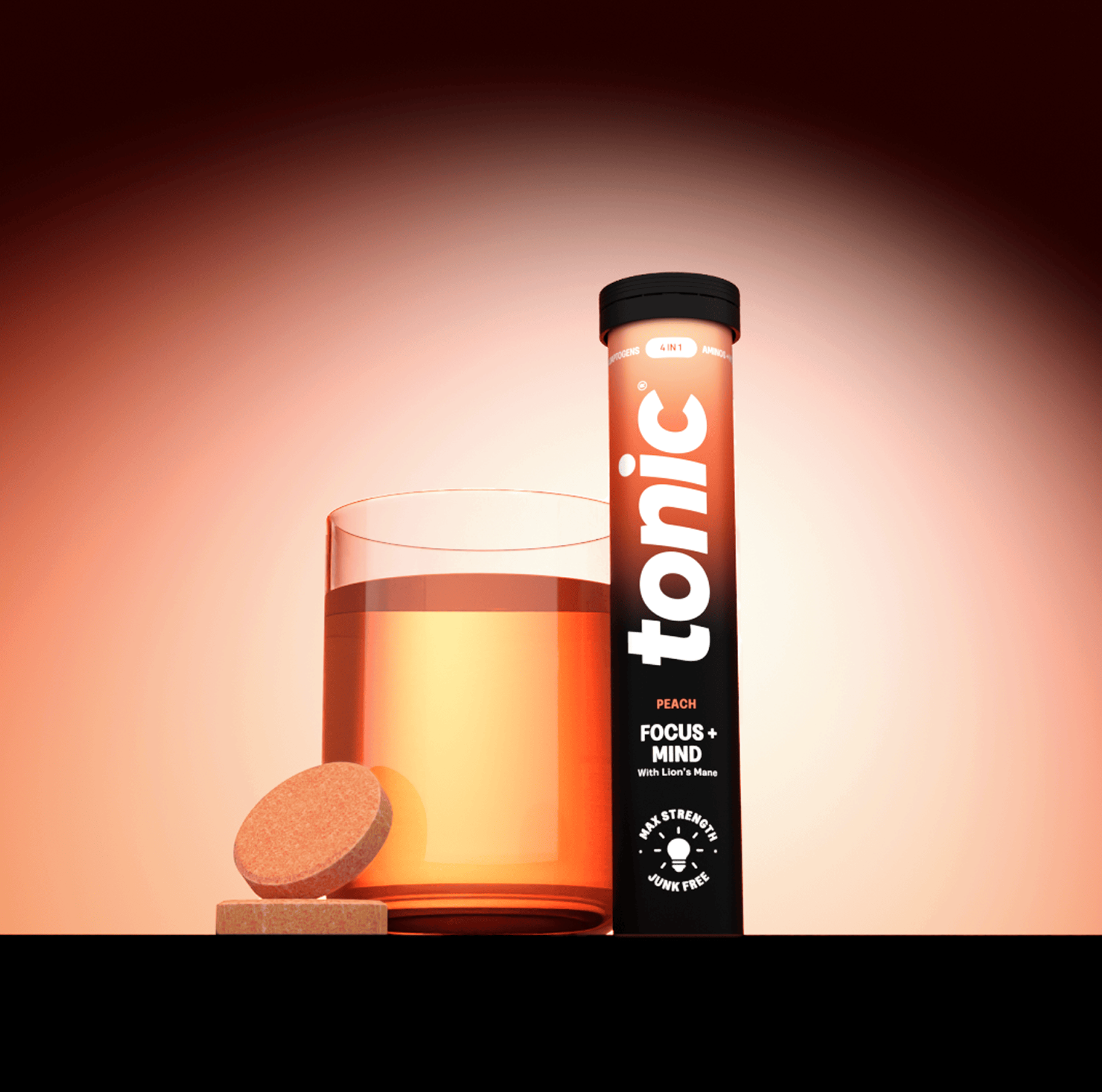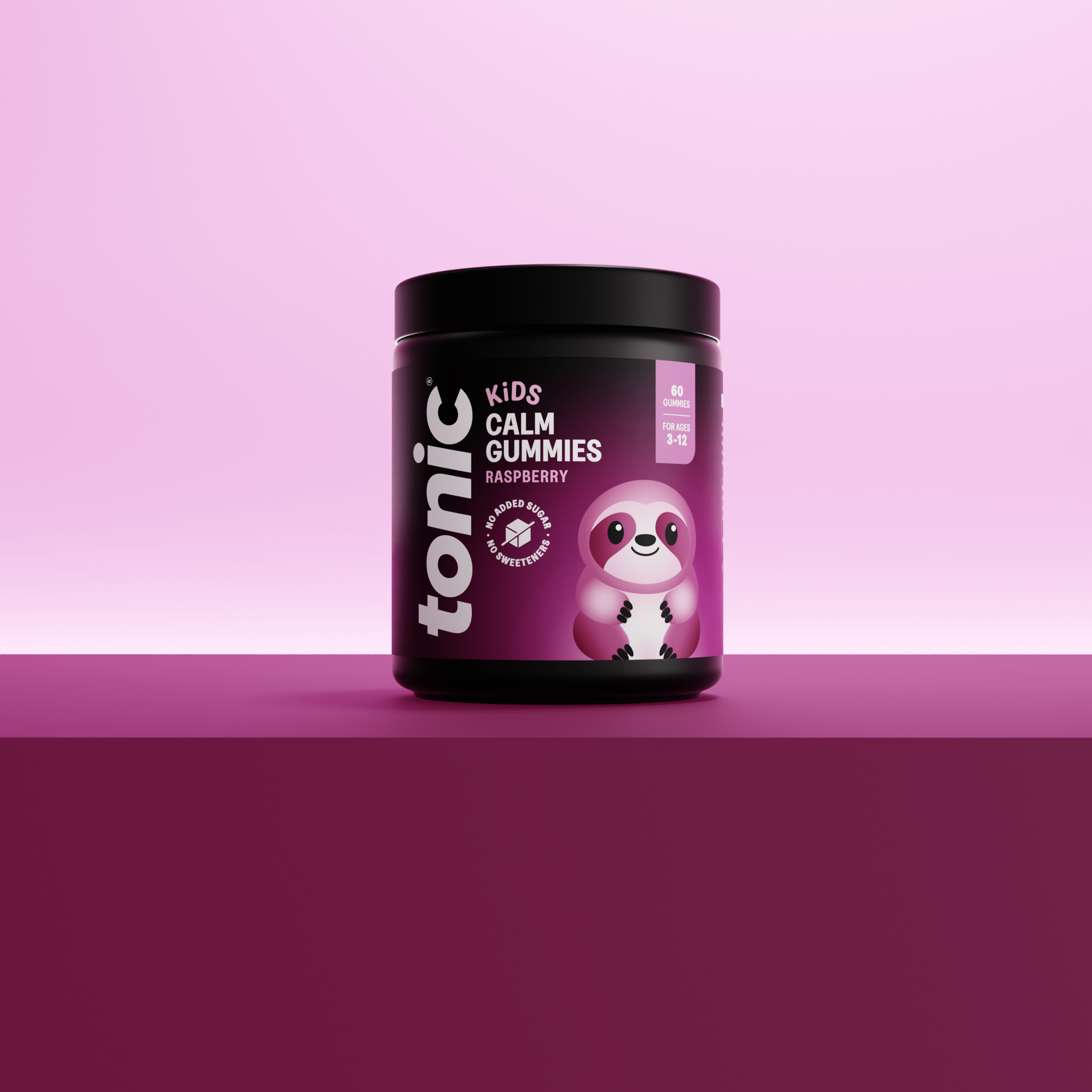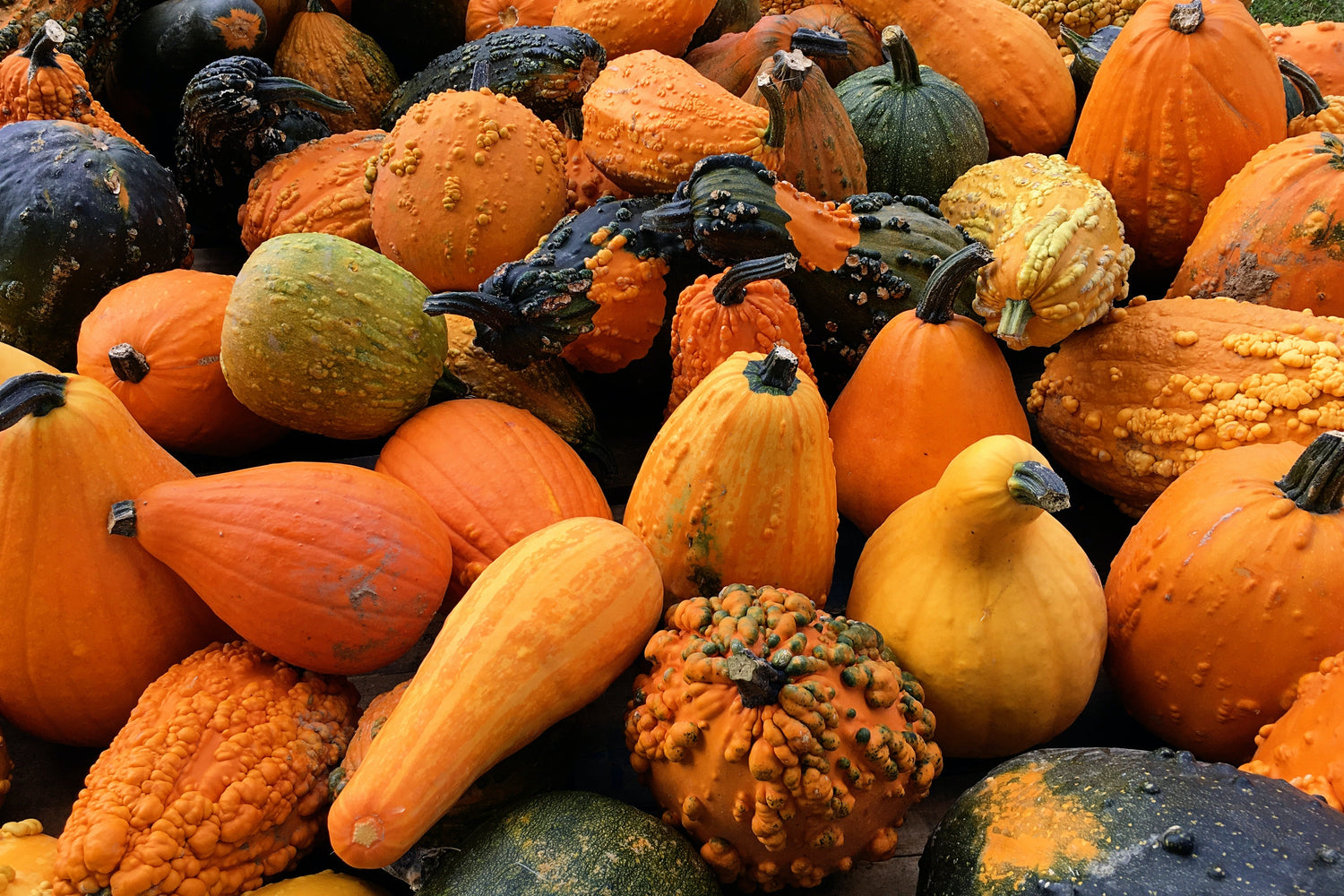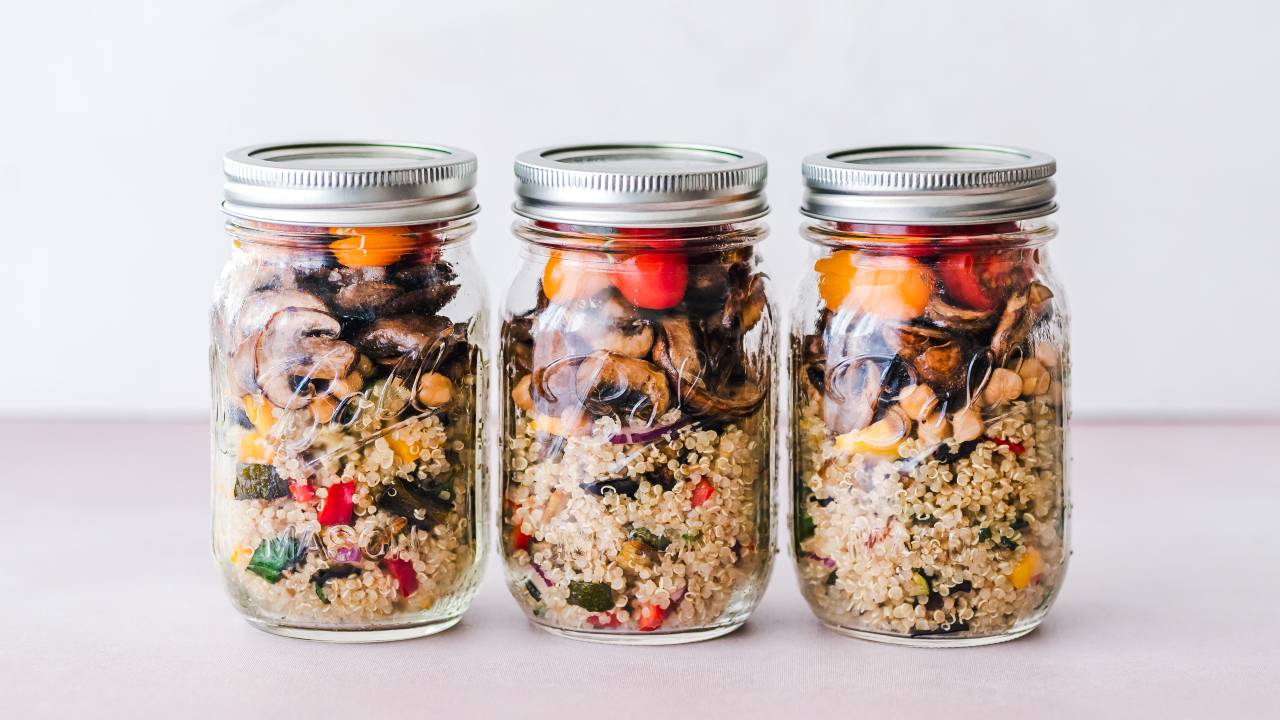Eating the season is essential as we turn from autumn to winter. The change of this season in particular, is when we start to see the rise in bugs and viruses, that’s even aside from the prevalence of Covid-19!
Mother Nature I always think is rather clever; providing us with seasonal veg that supports our health needs at different times of the year. No longer are salad leaves in abundance (the need for raw food is very much for the spring/summer months) and so we’re delivered root veg and brightly coloured veg that make fabulously warming foods to help us through the colder months.
The brightly coloured gourds and pumpkins of late October are packed full of nutrients which specifically help support our immune system. Carrots too. The bright orange colour of the flesh is full of a potent antioxidant called beta carotene which has been shown to quench free radicals in the body, packman style! It also converts to vitamin A in the body. Vitamin A is hugely important for the immune system especially the ‘wet’ mucosal linings of our ears, nose and throat and our lungs too –especially important at this time. Beta carotene needs to be eaten with a little fat as it’s a fat soluble vitamin so roasting it with coconut oil or butter will help our body absorb it well. Don’t get rid of the seeds as these are full of the immune balancing mineral zinc. Roast these up to be sprinkled onto soups or tagines or curries or roasted with some soya sauce for a lovely umami tasting snack.
Food that’s in season is also tastier and fresher. In season veg preserves the nutrient content as it wasn’t long since it was picked; and with less travel time and processing it’s a great way to eat sustainably to benefit the planet too. October’s nutrient dense veg also include runner beans and kale. Runner beans give us an abundance of iron, beta carotene, vitamin C, folate and zinc. Did you know that a portion of kale can deliver double your RDA of vitamin C? Kale is also packed full of calcium and magnesium – both known as nature’s tranquilisers. Have with your evening meal to help bring on restful sleep and always steam until al dente in order to minimise B vits and vitamin C losses in cooking. I like to melt some butter and garlic and add the kale until it’s wilted. Kale is part of the brassica family of veg and is useful for oestrogen balancing in the body too. The many benefits of veg is not to be underestimated! Aim for 7 portions a day if you can!
Remember that if you suffer with Seasonal Adjustment Disorder (SAD) then a vitamin D booster might be helpful. Get out into the sunshine as much as possible to get vitamin D through the skin (the most effective way to absorb this almost hormone like vitamin) or supplement.







Leave a comment
All comments are moderated before being published.
This site is protected by hCaptcha and the hCaptcha Privacy Policy and Terms of Service apply.